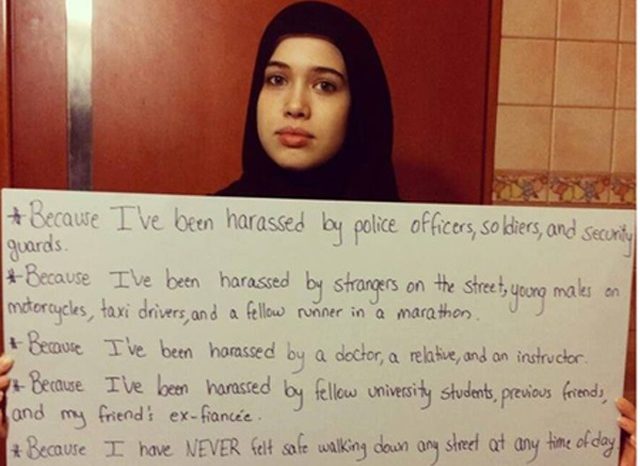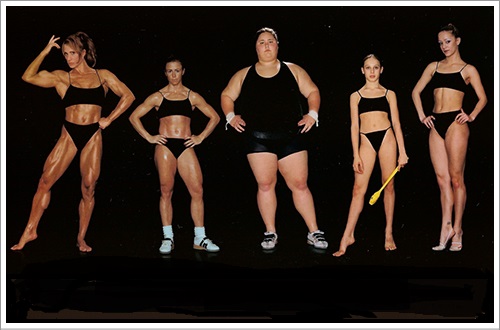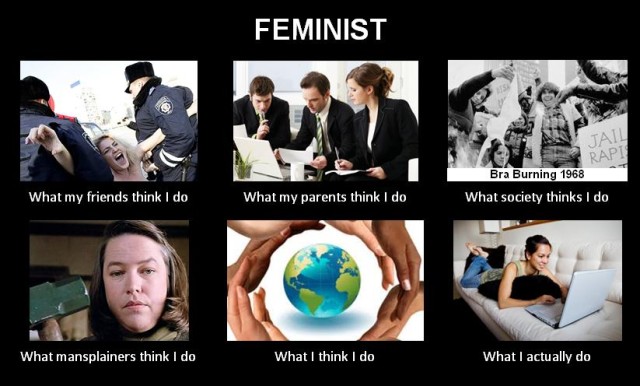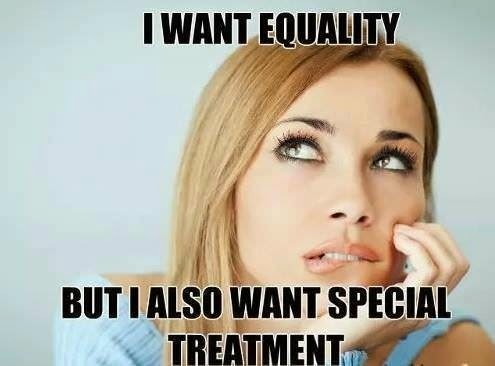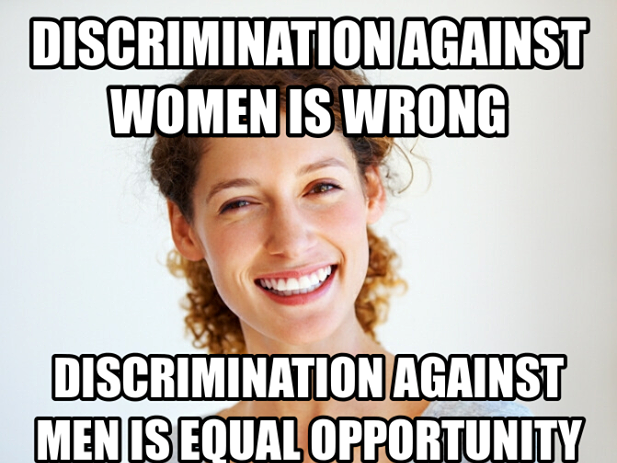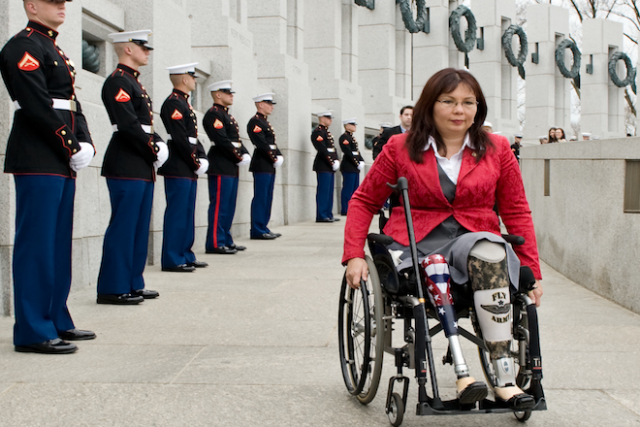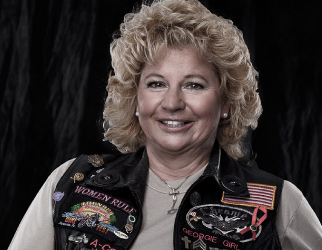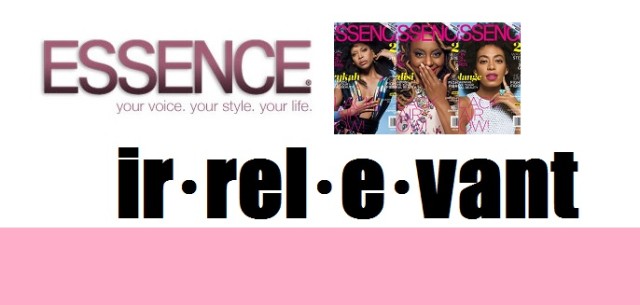It long ago became clear to me that, despite all the pretense, protesting and politicking, no one who has ever seriously thought about equality actually believes in it. When making this case, one could point to how Eric Holder’s DOJ is currently suing the Pennsylvania State Police for treating women equally (how dare they!), but there’s perhaps no better example than a recent BBC writer who asks, “Is sport sexist?”
The author, Aimee Lewis, poses the question because there are still sports where the women’s categories don’t precisely correspond to the men’s; for example, she mentions how women gymnasts and swimmers don’t always compete in the same kinds of events, the no-contact rule in women’s lacrosse and how in tennis, “While men play five sets at Grand Slams, women can only compete over three sets.”
Now, the last example well illustrates the convoluted thinking underpinning much of the equality movement. Is the correct way of framing this that “women can only compete over three sets”?
Or it is that men must compete over five?
This is especially relevant since the equality police long ago lobbied for, and succeeded in getting, equal prize money for women at the Grand Slams (Wimbledon, French Open, U.S. Open, Australian Open). In other words, the male players must now work longer for the same pay and thus are actually earning less per hour than the women.
Equality?
The head of the Women’s Tennis Association, Stacey Allaster, was asked about this recently, called it “an old discussion” and said, “[W]e’re ready, willing and able to play five sets if that’s what they’d like us to play.”
Question: Years ago, did Allaster merely say, “We’re ready, willing and able to accept equal prize money if that’s what they’d like to offer”?
No, she zealously lobbied for it.
Why isn’t she lobbying now for equal work for her players’ equal pay? Sure, it’s human nature to want the benefits others have but not their liabilities. But if you really believe in Equality™, you don’t just shout the word in an effort to institute a different model of inequality, one that benefits you or your agenda.
Having said this, I agree with Lewis’ implication: sport is “sexist.” After all, there is a separate realm of athletics that’s protected from the best competition and is only available to one sex. It is, of course, called women’s sports.
This isn’t just snark. There’s a simple answer to any feminist complaint about inequality in sports: You want the men’s money, exposure, standards, respect or something else?
Compete in men’s sports.
And women have the opportunity. Golfers Annika Sorenstam and Michelle Wie have received “sponsor’s exemptions” to play in PGA (men’s) events. Women have tried out for the NBA and have attempted to work their way up to baseball’s major leagues through the farm system. The door, Ms. Allaster, is open — you just have to be ready, willing and, most importantly, able to walk through it.
The point is this: It’s silly and hypocritical to lobby for equality within an inherently unequal system while simultaneously supporting that system. And if you do, do you really believe in equality in principle? Or only as ploy?
To arbitrarily say that female athletes should earn the same as male ones is like saying that lightweight boxers should have the same purses as heavyweights. It’s like saying the best handicapped “differently abled” athletes (as in the Special Olympics) should not only get paid, but they should earn the same as the able-bodied. And what of elite high-school athletes? The mile record for 15-year-old boys is better than the women’s world record, and the boys’ American high-school record is considerably better. And with some variation, these gaps hold across sports, yet most of these hard-working male athletes will never succeed in the men’s professional ranks and will never earn even what the women do. Should these young sportsmen not only be paid but be compensated as handsomely as the pros?
The answer is simple: If the market — which is just economic democracy expressed through purchasing decisions — valued events for the handicapped or juniors as highly as it does professional men’s sports, those arenas would command the same revenues. The same is true of women’s sports, of course, but in that case we’re expected to offer a special dispensation from the market forces that apply to anyone and everyone else. We’re also supposed to ignore professions in which women are paid more, such as modeling, in which 2013’s 10 top-earning female models commanded 10 times as much as their male counterparts.
Equality?
The reason why heavyweight boxers have always received more money and exposure (satisfied the market more) than lightweights is because the heavyweight world champion is the world champion. This is the same reason men’s professional sports command greater revenue and exposure than athletic arenas for juniors, the handicapped or collegians — or for women. The best male athletes are the best athletes. Other sports categories exist to provide other people with opportunities to compete, have fun and build character. They are not jobs programs.
The truth is that not just sport but all of nature’s and man’s world is a place defined by varying degrees of quality, not equality. This is no doubt why the Bible barely mentions the notion, except when referring to weights and measures. It’s also why I tend to doubt that anyone who has ever pondered equality deeply actually believes in it. It sure is a great rallying cry, though, when trying to overturn the status quo and institute a special-interest-group favoring system of inequality.
For this reason it actually would be beneficial to eliminate sex-specific categories in sports, let everyone compete together and allow the cream to rise to the top. After all, to use a twist on Lincoln’s observation about laws, the best way to eliminate a bad social movement is to apply its tenets strictly. If we actually had to live with the reality of “equality” instead of just its rhetoric, lobbying for equality might go out the window really, really fast.
Contact Selwyn Duke, follow him on Twitter or log on to SelwynDuke.com

